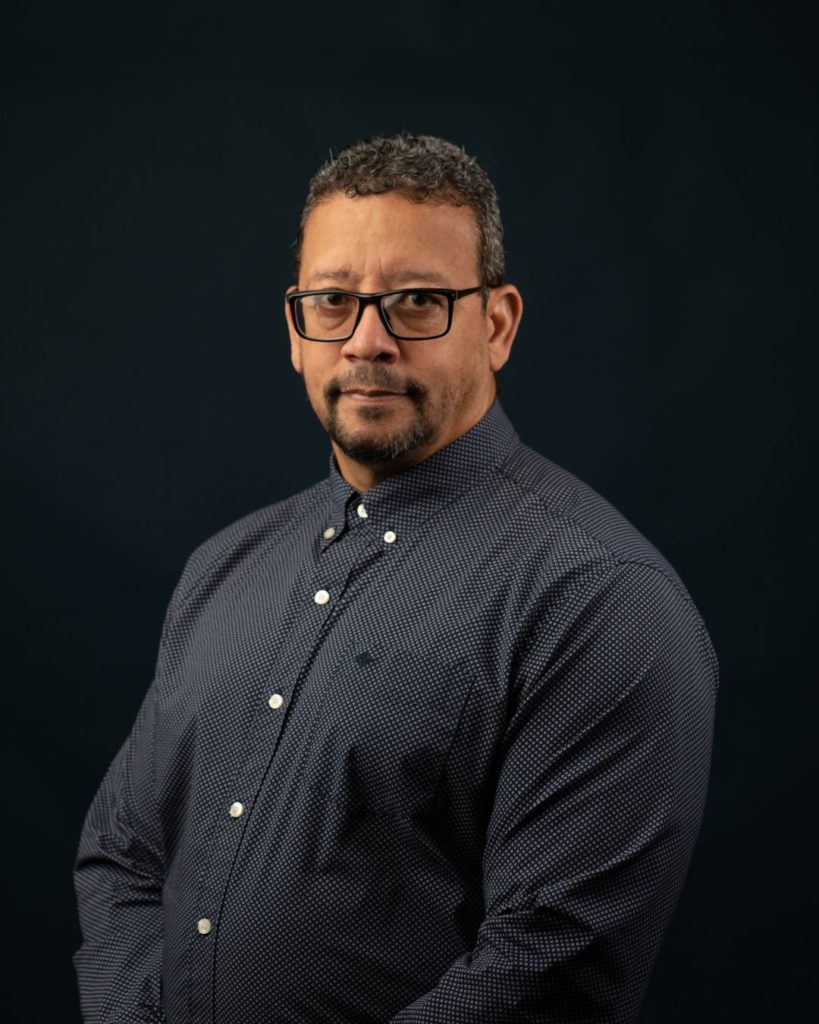By Ms. Simone Augustus, Communications Specialist, Office of the President
Dr. Ricardo Rodriguez doesn’t teach to be liked. He teaches so his students leave his classroom knowing something they didn’t when they entered. After 15 years at the University of the Southern Caribbean, the Assistant Professor in the School of Science, Technology and Allied Health remains committed to an approach that resists shortcuts and easy wins.
“I do not intend to make you a physicist or engineer,” he tells students early on. “But you must be able to say something in my course that you could not have said before.”

In an academic culture often pressed by student demand for exam-focused instruction, Dr. Rodriguez deliberately pushes back. His courses require more than memorization, they demand engagement. “Students must focus on the material, search for patterns, and build models,” he says. “That’s where independence and confidence start.”
His teaching philosophy is firmly rooted in his experience outside academia. Before joining USC, Dr. Rodriguez worked in oil and gas exploration with Baker Hughes INTEQ, and later at the Trinidad and Tobago Bureau of Standards, where he helped develop engineering standards.
These years in industry shaped his no-nonsense approach to teaching and his belief that students must be prepared for complexity, ambiguity, and responsibility once they leave campus.
Dr. Rodriguez is also an inventor. During the COVID-19 pandemic, he collaborated on the design and manufacture of electronic medical units that helped hospitals monitor patients’ oxygen saturation and heart rates. The devices, used in two local hospitals, are evidence of what he believes science should do: solve problems that matter.
That same drive has led him to engineer safety shut-off units for manufacturing equipment. “The work of scientists and engineers must respond to real-world threats,” he says, referring to the injuries that inspired the device after the Occupational Safety and Health Act came into effect. “We’re here to protect people, not just publish papers.”
Still, he does publish—regularly, and across disciplines. For him, scholarship isn’t optional; it’s part of professional credibility. “Teaching alone shouldn’t be the finish line. We must also produce,” he says. “It helps students see science in action.”
His research spans science, engineering, and medicine, and includes supervision of postgraduate theses. He holds degrees in physics and engineering from the University of the West Indies, including a PhD in Mechanical Engineering earned with high commendation.
Looking ahead, Dr. Rodriguez sees untapped opportunity in applied science and artificial intelligence. He believes the Department of Computing, Mathematics, and Physics could expand into areas that draw greater male enrollment, such assolar energy systems, wastewater engineering, data mining. And, he notes, the department already has the equipment to begin.
But new academic programs, he insists, must be matched by evolving classroom design. He envisions spaces that allow for more conversation, experimentation, and different learning styles—what he calls “classrooms that come alive.”
Science, for Dr. Rodriguez, is not an end in itself. It’s a tool, and one that works best when guided by something beyond it. “Models don’t govern world order,” he says. “There is a greater guiding entity that is supreme and all-encompassing. I’m convinced of that. Years of science have only strengthened my belief in God.”
If his students leave his course more curious, more capable, and more willing to think for themselves, he considers the job well done. Not everyone will become an engineer. But everyone, under his watch, must learn how to think like one.
